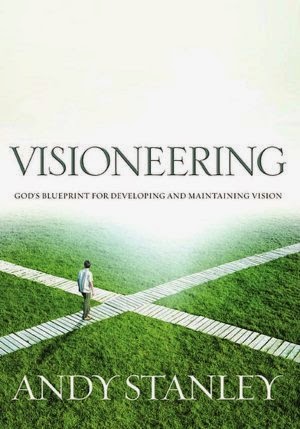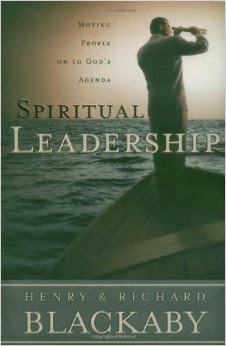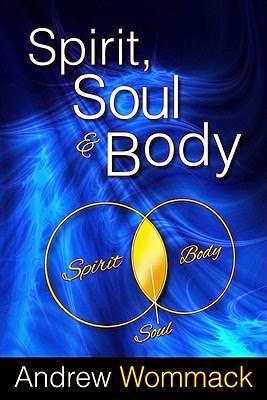Another tough one on application. But I found some interesting insights and applications.
Quite a few laws handled here in this chapter which can be categorised into:
1. Acts of charity and good neighbourliness , in the care of strayed or fallen cattle, and lost cloak (v 1-4)
2. For the preservation of order and distinction (v9-11) - cross dressing and needless mixtures
3. For the preservation of birds (v6-7)
4. For the preservation of life (v8)
5. For the preservation of the commandments (Numbers 15:37-41)
6. For the reputation of a wife abused if she was innocent (v13-19), but for her punishment if she is guilty (v 20-21)
7. For the preservation of the chastity of wives (v22), virgins betrothed (v23-27), or not betrothed (v28-29) and against incest (v30)
On item 1, it is interesting to note that the cattle and cloak of a person is important, one as a source of his livelihood and the other his source of protection against the cold. They must be returned even at personal cost or inconvenience of looking after it temporary until it's found by the owner, or returning it ourselves.
Let me mention that the standard is even higher in Exodus 23:4-5 "If you come across your enemy's ox or donkey wandering off, be sure to take it back to him. If you see the donkey of someone who hates you fallen down under its load, do not leave it there; be sure you help him with it."
Here the act of charity is extended to an enemy. How much more it is required for our neighbour? We are to do good to all men. If God gave such concern and attention to an animal that has gone astray, how much more we need to do that for fellow men when they have gone astray from God?
James 5:19-20 My brothers, if one of you should wander from the truth and someone should bring him back, remember this: Whoever turns a sinner from the error of his way will save him from death and cover over a multitude of sins.
Today's reading reminds me of the character and attributes of God, that through these laws, we are aware of His heart for everyone, especially the poor and needy, and those lost without eternity. Do we give such attention and eye to those around us? "Lord, open my eyes that I may see." This is precisely what Rev C.B. Samuel preached about this weekend in church.





















